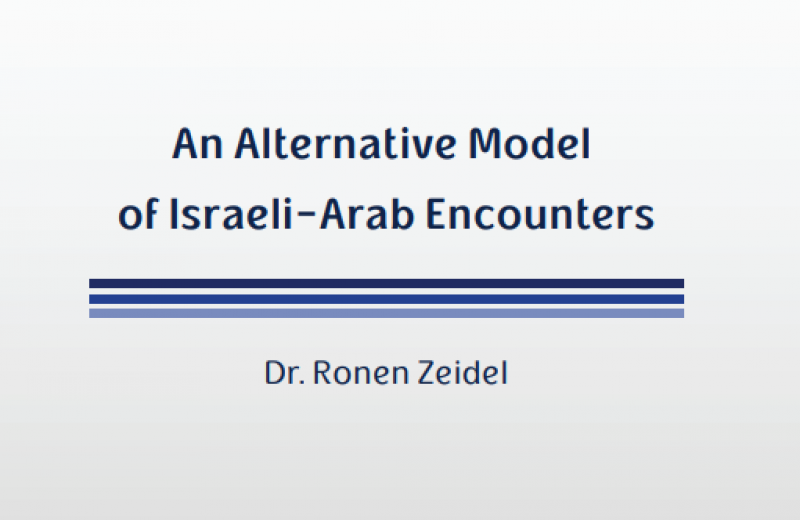
An Alternative Model of Israeli-Arab Encounters
The Arab Spring presents Israel with new opportunities for dialogue with the region. Nevertheless, only little effort has been invested so far in organizing bi-lateral encounters between Israelis

The Arab Spring presents Israel with new opportunities for dialogue with the region. Nevertheless, only little effort has been invested so far in organizing bi-lateral encounters between Israelis
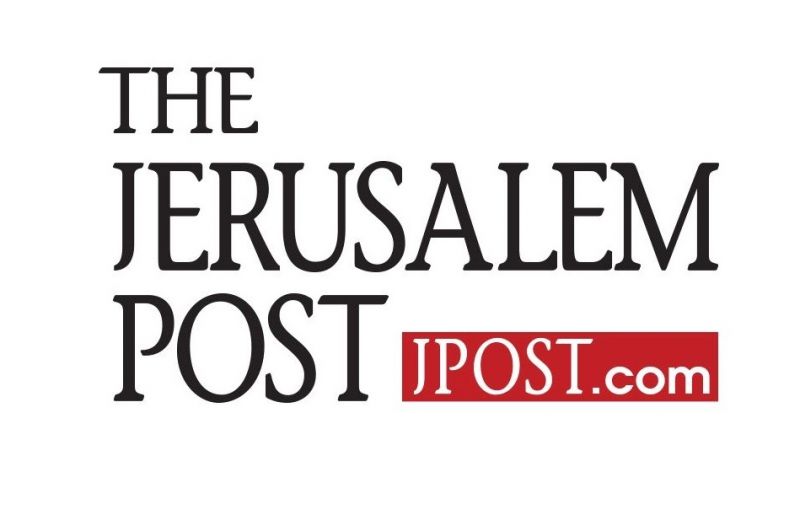
At present, there is no end in sight for the novel coronavirus crisis and we do not know its repercussions for the future. Despite this, it is not too soon to start thinking about possible
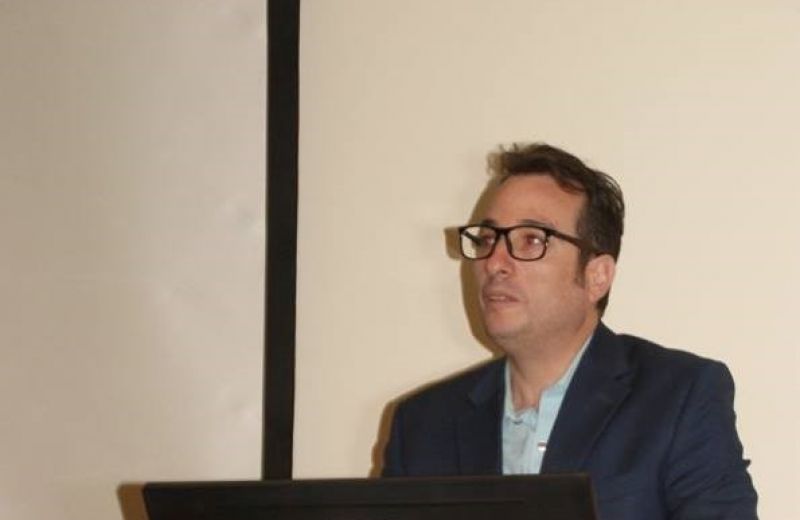
The annual commemoration of the UN’s vote on 29 November 1947 for the partition plan provides an opportunity for the Palestinian Foreign Service and the Palestinian President to shine a global

The 26th of October marked the silver jubilee of the Israeli-Jordanian peace treaty. The media emphasized the fact that no formal celebrations were held on both sides of the Jordan River. Indeed,
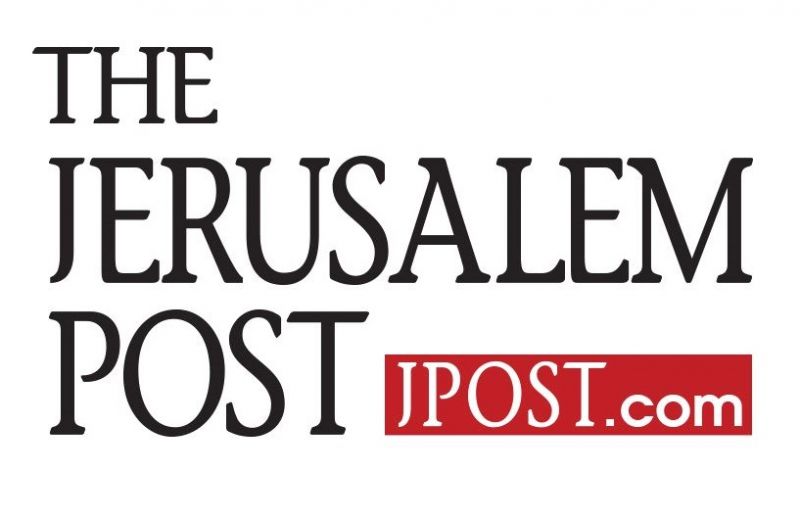
While Israel was excited to host the Eurovision competition in May, in the Arab Gulf States, international events are held almost on a daily basis. One of the most prestigious of them is Expo
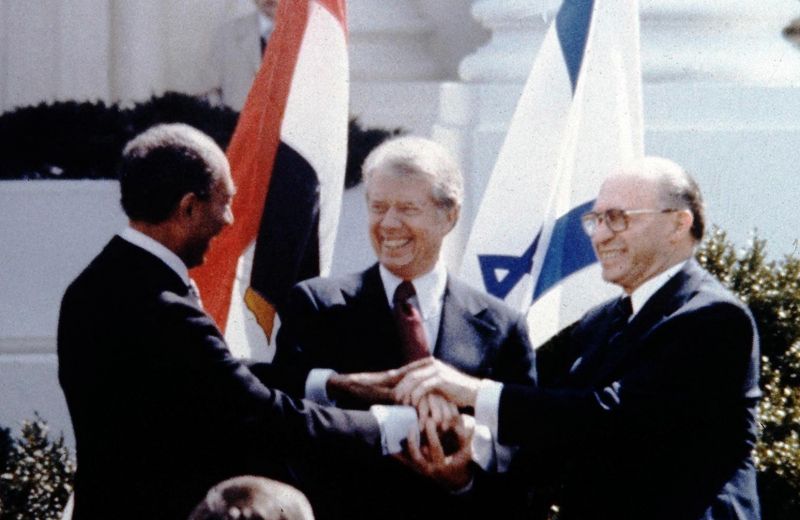
This article describes the relationship and cooperation between Israel and Egypt, and discusses the impact of the Israeli-Palestinian conflict on them. It focuses on the current political and

The recent violent escalation in Gaza, that led to the resignation of the Israeli minister of defense and to a public uproar against the government’s handling of the Hamas movement, have

In the past few weeks it seems that Arab and Muslim countries have been competing with each other over Israel. Following news on back-channel intelligence ties with Saudi Arabia, Prime Minister

Less than 10 months after the resolution of the previous Israeli-Jordanian crisis, a new crisis may be sparked by King Abdullah’s recent decision not to renew the two annexes to the

The Middle East is a confusing area. On the one hand, it is highly volatile, with frequent changes throughout the region and in the domestic affairs of its countries. On the other hand, many

Slowly but surely, with the help of Russia, Iran and Hezbollah, President Bashar Assad is regaining control over Syria. The process is still underway, but all the regional actors realize that
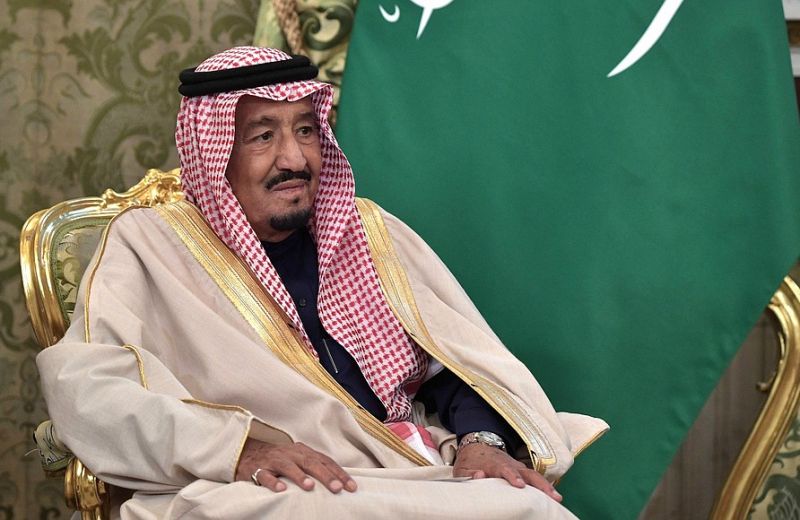
The tectonic changes in the Middle East since 2011 have created the foundation for a significant rapprochement between Israel and Saudi Arabia. Alongside their strategic security partnership,
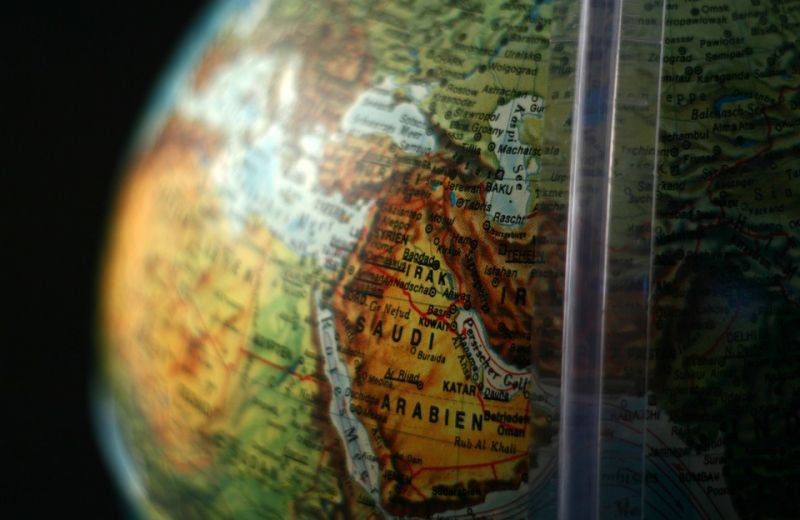
On December 29th , 2016 the Mitvim Institute and the Friedrich-Ebert-Stiftung hosted Dr. Karen E. Young of the Arab Gulf States Institute in Washington for a briefing titled “The Interventionist

Dr. Abdullah Swalha, Director of the Center for Israel Studies in Jordan, was the keynote speaker at a symposium held by Mitvim – The Israeli Institute for Regional Foreign Policies on 13
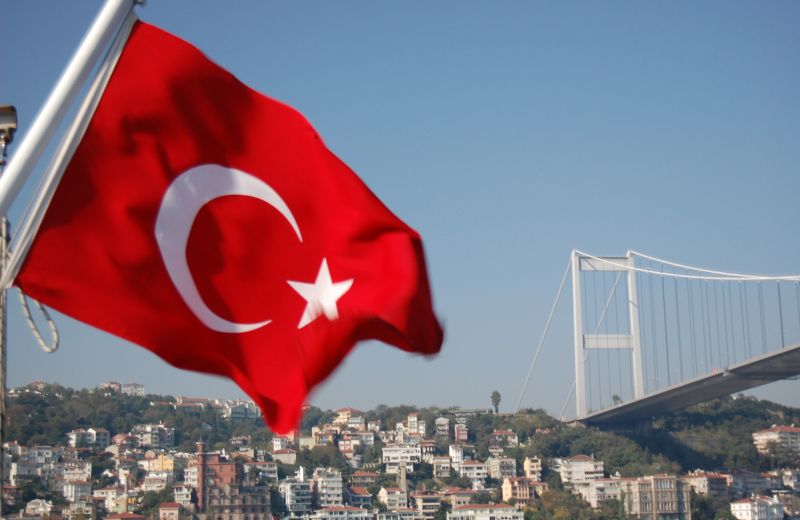
The deal negotiated by the P5+1 with Iran on its nuclear program has been heralded by supporters as a historic agreement and regional game-changer. Much of the international criticism thus far

On August 6, the new Suez Canal was inaugurated with great pomp and circumstance. In honor of the historic event, there were two ceremonies, attended by both Egyptian and foreign dignitaries,

Informed commentaries have stressed, somewhat justifiably, Iran’s benefits from the nuclear agreement with the P5+1 powers. Yet the agreement is, in many ways, formal confirmation of regional

Most analysts today consider Ahmet Davutoğlu’s “zero problems with neighbors” strategy a failure, and typically cite Turkey’s decision to lend its support to the Muslim Brotherhood during the

The post-Arab Spring period, which witnessed the collapse of dictatorial regimes, the eruption of civil wars and the possible disappearance of several sovereign Arab states, created opportunities

Most analysts consider Davutoğlu’s “zero problems with neighbors” strategy a failure, and typically cite Turkey’s decision to lend its support to religious conservative movements like the Muslim
A workshop entitled “Israel’s Arab citizens and foreign policy” was held at the Nazareth Academic Institute on January 28th, 2014. The workshop was a joint initiative of Mitvim – The

Almost three years after the Arab Spring, the Egyptian revolution seems to have become stuck, and may even have devolved to its starting point. This observation first emerged after the events of

‘There’s a whole word out there, and we’ve got interests and opportunities in that whole world.” In one sentence, Susan Rice, the National Security Adviser, succinctly summed up the Obama

For Americans, reaching out to the Arab Spring is much easier than for Israelis. Therefore, Israeli institutions seeking dialogue with the region can benefit from insights collected and lessons
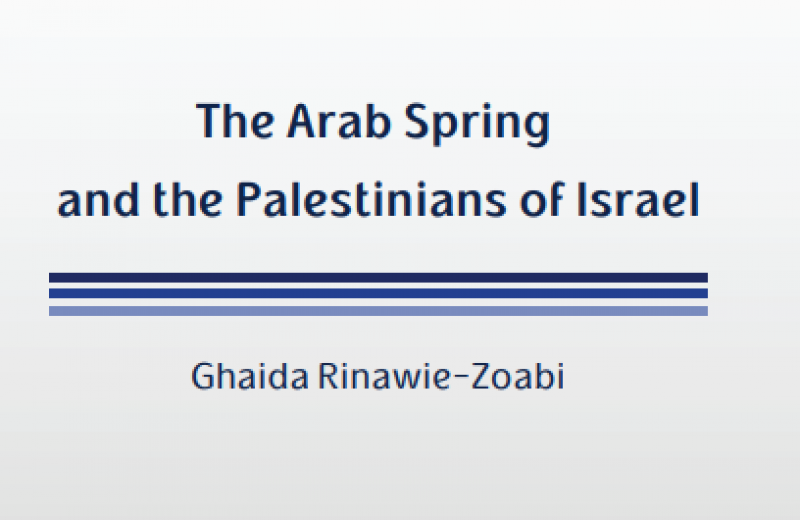
The conversation among the Palestinians of Israel about the Arab Spring raises a number of key moral, political and social dilemmas. In light of the regional turmoil, they debate the impact of
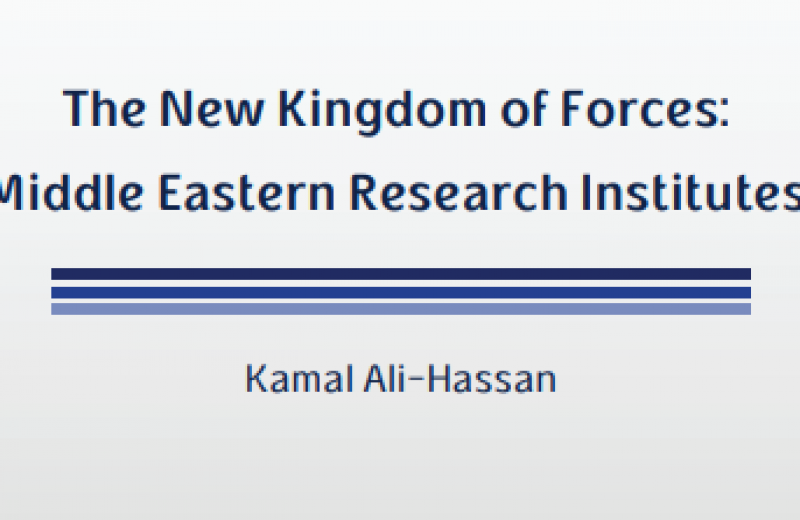
The Arab Spring substantially strengthened the research institutes in the Arab world. New institutions are being established, while ones that existed prior to this revolutionary period attempt to

The Arab Spring was initially embraced with much enthusiasm and hope in the West. In Israel, however, it has been generally perceived as a threat to national security. Israel’s official policies

The Arab Spring upheavals in North Africa and the Middle East started in Tunisia at the end of 2010, and subsequently spread into Egypt, Libya, Yemen and Syria, triggering repercussions in a wide

After dramatic events began unfolding across the Arab world starting two years ago, most of the world began using the term “Arab Spring” to describe the popular uprisings and

Two years ago, on 25th January 2011, it began with a big dream: Millions of people went into the Cairo streets with the aim of toppling the dictatorial Mubarak regime and establishing a democracy

Most Israelis do not really understand the Middle East. This is true for the general public as well as for decision makers. Israelis get their information about regional realities from certain
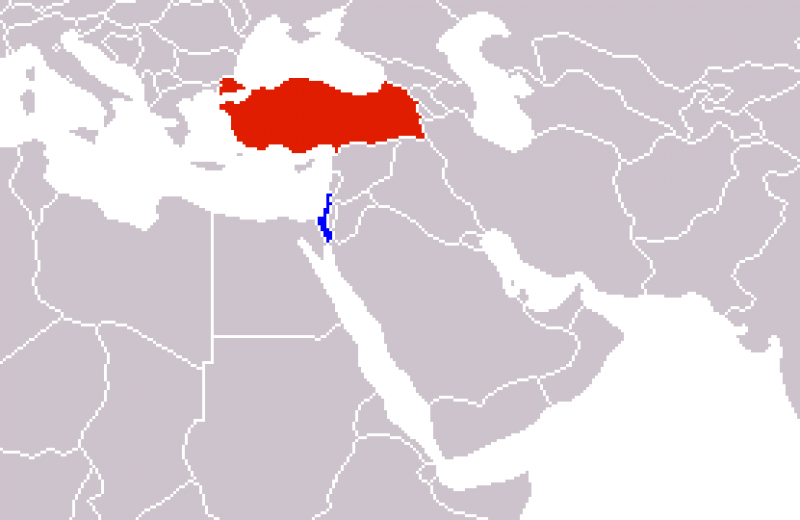
Winds of change have begun blowing across the Middle East in early 2011. For the first time in decades, Arab citizens in different countries have been going to the streets and demanding freedom

